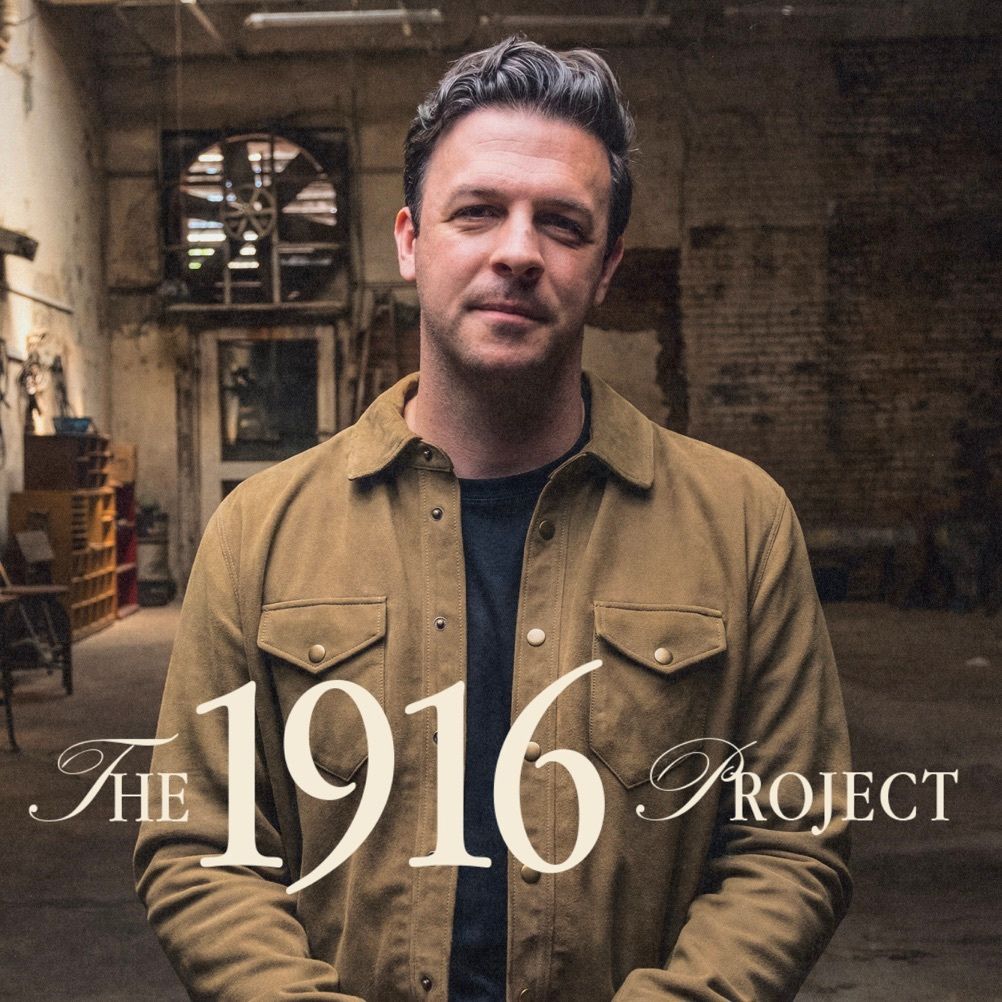It's Saturday, October 26, 2024.
Today’s edition covers a massive prayer event and protest in Korea tomorrow, the blocked publication of a puberty blocker study, the history of Halloween, when hurt feelings is a good thing, and much more.
“For by wise guidance you can wage your war, and in abundance of counselors there is victory.” (Proverbs 24:6)
Of Christian Concern
TWO MILLION CHRISTIANS IN KOREA TO PROTEST GAY-AFFIRMING LAW ON SUNDAY

Port of Busan in Busan, South Korea. (Clive Kim)
A whopping two million Christians in Korea are expected to unite for prayer tomorrow, October 27, in protest of a new law that could pave the way for the legalization of gay marriage. In unprecedented fashion, every Korean denomination has agreed to join together for the occasion.
Rev. Hyun-bo Son, Senior Pastor of Segero Church in Busan, Korea, chairs the event’s organizing committee. His 3,000-member church is located in the country’s second-most populous city.
Legal Developments
In an interview with Christian Daily, Son explained the current legal developments: “July 18th was a big day in Korea's courts because they accepted that a gay couple can have health insurance benefits. From an international standpoint, after such a law is passed or after such an acceptance is seen in the courts, it usually took about two years or so until gay marriage was legalized.”
Historically, Korea has not been receptive to homosexuality. It was one of the few nations in the Organisation for Economic Co-operation and Development (OECD) that did not legalize gay marriage, Son says. The new law may be a sign of liberal drift, which he believes threatens “the Christian ecosystem”: “It will become very difficult to live according to biblical values.”
In Son’s view, “Politics and religion cannot be separated.” He explains that “the Church is part of the political system that governs the nation. . . . When politicians make a law, churches are under the law, so they're affected by the law.”
Western Influence
Son believes that one of the challenges Christianity in Korea faces is Western influence. This concern was underscored in September during the Lausanne Congress on World Evangelization in Incheon, Korea. Leaders of the global evangelism movement presented a statement that took an ambiguous position on homosexuality, which was revised after feedback from Korean churches.
Similarly, Son hopes that the influence of millions of Christians joining to worship God tomorrow can stall or stop the “Western wave.”
Also Noteworthy

Screenshot of NYT headline.
→ 80% of U.S. Protestant churchgoers “believe a pastor must address current issues to be doing their job,” a Lifeway Research study finds. Only around one third (35%) think a pastor should endorse candidates. Only 2% of pastors say they have done so in a church service this year.
→ Ex-LGBTQ people held a Freedom March in Chicago this past Saturday to celebrate Christ’s setting them free from their former identities, CBN reports. Part of a movement called Rainbow Revival, participants prayed, shouted praises, and shared testimonies at Lincoln Park. Evangelist Jay Peters, who spoke at the event, likens the Rainbow Revival among LGBTQ people to the Jesus Revolution among hippies in the 1970s.
→ “Christian persecution has significantly worsened” in “18 countries of key concern,” Catholic charity Aid to the Church in Need (ACN) finds in a new report. The report reveals, among other notable findings, that “the epicenter of militant Islamist violence has shifted from the Middle East to Africa.”
→ A witch on Reddit complained that spells against Trump “are not as effective as we might hope as he seems to have some kind of protection around him,” Vigilant News reports.
→ “U.S. Study On Puberty Blockers Goes Unpublished Because Of Politics, Doctor Says,” a recent New York Times headline reads.* The subtitle explains, “The leader of the long-running study said that the drugs did not improve mental health in children with gender distress and that the finding might be weaponized by opponents of the care.”
Author J.K. Rowling of Harry Potter fame satirized the article on X: ‘We must not publish a study that says we're harming children because people who say we're harming children will use the study as evidence that we're harming children, which might make it difficult for us to continue harming children.'
Content Catch-Up
Recent, notable content of Christian interest.*

Cover image for The 1916 Project.
→ The 1916 Project: With a title playing off of New York Time’s notorious 1619 Project, this new documentary “exposes the hidden history of the secular moral revolution, and the architects of our current culture of death.” Created by Seth Gruber, the CEO and Founder of the anti-abortion group The White Rose Resistance, the film is available to stream for free on X until November 13. (Film)
→ Atheist Absurdities:
Atheist Miracles: Pastor Seth Troutt posted a list of “six miracles” that atheists believe in. (Post)
No One Wrote Shakespeare: The anonymous internet Christian apologist called Darwin to Jesus posted a meme to show the absurdity of a common atheistic argument. (Post)
Atheist Gets Honest About Human Rights: In a TEDx clip, atheist Yuval Noah Harari claims, from his worldview, that human rights are a fiction. Christian author Nancy Pearcey weighs in, “We should thank Harari…” (Post)
→ “His Princess Phase”: The nonprofit Restore Childhood shared a thread on X telling the story of Avery Jackson, the “poster child” for “trans kids” in 2017. Eight years later, how is he doing? In short, he grew out of his interest in “girly” things and now claims to be “non-binary,” but not before his mother permanently sterilized him. The thread concludes, “If only her little boy had been allowed to have his princess phase in peace.” (Thread)
*Not necessarily an endorsement
Church History Tidbit
Halloween Then and Now

Photo: Yaroslav Shuraev
Celtic Origins
The history of Halloween (as of many modern holidays) is little understood by most who celebrate it. The holiday is traced back to the ancient Celtic pagan festival called Samhain (pronounced SAH-win), which marked the end of harvest season. During this time, the Celts believed the veil between the living and the dead was the thinnest, so spirits were expected to visit. The pagans, therefore, left out food as a service to welcome spirits and disguised themselves to avoid unwelcome ones.
Middle Age Practices
As Christianity spread, some popular strains apparently adopted and adapted these pagan practices, making the a holiday into a day for the dead. In 835, Emperor Louis the Pious decreed All Saints’ Day (or All Hallows' Day) on November 1. The previous night came to be observed as a vigil called All Hallows’ Eve (or Halloween).
The poor would put on costumes and go to the homes of the wealthy, offering to pray for their deceased loved ones in exchange for gifts. The belief was that the more prayers for a dead person, the more likely that person would be saved from purgatory. The Protestant Reformation would, of course, repudiate such beliefs as unbiblical superstitions.
The Rise of Trick-or-Treating
On November 5, 1606, a man named Guy Fawkes was executed for his role in a Catholic-led conspiracy to blow up the parliament building and depose King James I, a Protestant. Thereafter, the British celebrated the occasion as Guy Fawkes Day, which was marked by burning effigies of the pope and Fawkes, and by children begging for “a penny for the Guy.” Some American settlers continued this tradition in the New World, which may have mixed with Halloween practices.
The early 20th century saw the increase of young people taking the opportunity to do pranks. The rise of more organized community-oriented “trick-or-treating” in the 1930s may have been an effort to curb this rowdiness. After a pause during World War II on account of sugar rationing, which made treats sparse, the custom boomed postwar and candy companies took advantage, leading to the commercialization of the holiday familiar to us today.
Modern Amalgamations
Today, Halloween is an amalgamation of the macabre and the cute. One on hand, it’s an open display of a resurgent cultural fascination with the occult. In fact, in modern occultism, like ancient paganism, it’s believed to be the day when the veil between the living and the dead is the thinnest—a day for practicing witchcraft.
On the other hand, there is a strong emphasis on children, as the most common way of celebrating is to dress up and go trick-or-treating. Many churches join in by hosting fall festivals or “trunk-or-treat” events, considering these to be Christian alternatives despite involving the same activities like dressing up and handing out treats. Anton LaVey, founder of the Church of Satan, is quoted as saying, “I am glad that Christian parents let their children worship the devil at least one night out of the year.”
Food (Not Candy) For Thought
Many recent events make it clear that Satan is on a warpath to steal, kill, and destroy children. To name a few:
the revelation that even the pro-life establishment supports abortions
the promotion of cross-sex hormones and transgender surgeries on minors, and
the secular humanism, cultural Marxism, and sexual perversions taught in schools
It’s worth asking:
Is Halloween just another tactic in Satan’s war on children, making a mockery of childhood innocence and easing them into a fondness for traditions based in darkness?
Are your or your church’s practices combating the enemy on this front, or giving him ground?
How can Christians, for the gospel’s sake, take advantage of the world’s attention to spiritual things on Halloween without adopting and adapting ancient pagan practices?
The Bible, Briefly
When Hurt Is Good

Photo: Kaboompics.com
“Better is open rebuke than hidden love. Wounds from a friend can be trusted, but an enemy multiplies kisses.” (Proverbs 27:5-6)
Think about that.
If someone loves you, he won’t be content to say nothing as you do things that are bad for you. He will say something. He will rebuke you for your own good, even if it embarrasses you or hurts your feelings, because this small “injury” is better than whatever bigger injury he’s trying to save you from.
You may have heard the slogan, “Friends don’t let friends drink and drive.” That’s obviously true. But there are many other harmful activities that could replace “drink and drive” in that sentence. If someone is a true friend, he will do what he can to stop you from making poor decisions, whether you’re drunk or not.
Sometimes, that hurts. When you want to do something, it’s not nice to hear that it’s a bad idea. When you think something is a good solution to some problem, it’s not pleasant to be told you’re being foolish.
But which is better, to be pleased or to be loved? And which is worse, to be hurt by someone who wants the best for you, or to be cheered on by someone who doesn’t care (or doesn’t realize) that you’re heading toward tragedy?
So, if you’ve been hurt, it’s worth considering whether the hurt you experienced was not actually a case of someone sinning against you, but was in fact someone telling you a hard truth for your own benefit.
Then, there’s the flip side: Are you good enough of a friend that you would be willing to hurt someone’s feelings to tell them a hard truth?

